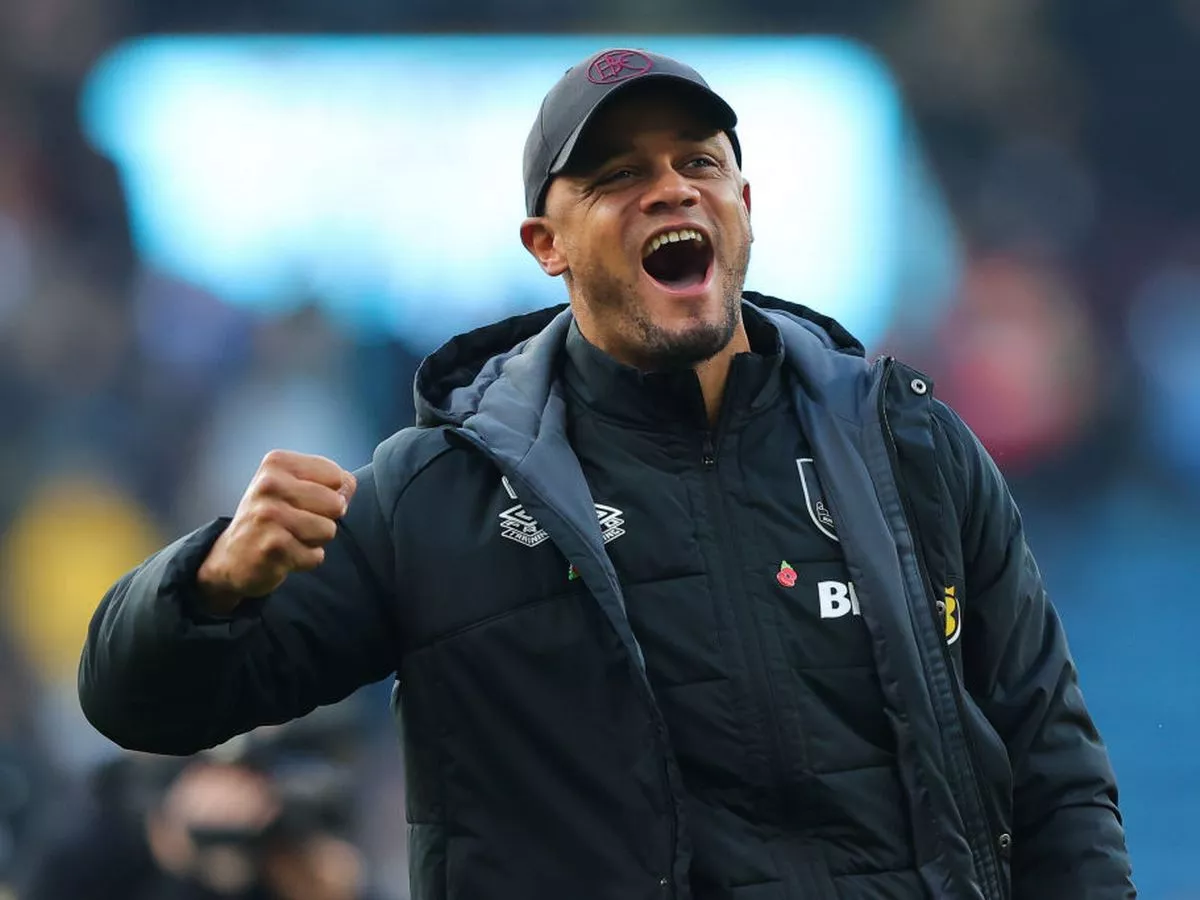Staying up as a promoted Premier League club can be difficult; establishing yourself as a member of that elite group is the actual difficulty.
It goes without saying that if you offered any of the promoted clubs and their fans 17th place this season, they would jump at the chance.
Sheffield United and Luton Town, in particular, appear to be set for a season-long relegation battle from the start.
Luton Town completed their astonishing six-season journey from League Two to the Premier League via the Championship play-offs, but have spent just under £15 million on bolstering a squad that appears ill-equipped for the demands of this level.
To be honest, Kenilworth Road hosting top-flight football for the first time since the previous pre-Premier League season is a miracle in and of itself, and their supporters should really enjoy the ride. Everything else would be a plus.

The Blades, who came second, have spent even less, with an outlay of £6m to date and star man Iliman Ndiaye moving to Marseille having turned down the offer of a new contract at Bramall Lane.
To make matters even trickier for Paul Heckingbottom, the club’s Saudi owner is currently looking to sell up, which adds a whole new level of uncertainty to their future.
On the other hand, Burnley seem well-placed to be competitive, having stormed to the Championship title. Vincent Kompany has also been heavily backed, with the Clarets parting ways with over £55m and more still to come in all likelihood.
Despite this, there is no guarantee they will stay up, such is the difficulty to keep afloat upon promotion and, even if that happens, consolidate your spot in the top flight.
In recent times, Brighton and Brentford are the only so-called ‘smaller’ clubs that can claim to have done so.
Aston Villa are a very different case given their size, their history and the financial backing.

Unai Emery has built an exciting Aston Villa side
Even still, Leeds could claim to have all of those things and they went down just two seasons after their long-awaited return.
The relegation of Leeds, as well as Southampton and Leicester, meant that for just the fourth time in 31 Premier League seasons, the three promoted teams stayed up; Nottingham Forest, Bournemouth and possibly Fulham will all be tipped by some for the drop this time around.
Simply put, the Premier League is ringfenced to an extent with an established order in place and only so many spots. It leads to a rat race of sorts amongst the rest.
Of course, like anything in the modern game, it has been heavily influenced by money and the chasm that exists between the Premier League and the rest of the English pyramid.
Before the dawn of the Premier League, that chasm was instead a small gap, both in terms of playing squads and financial might.
Under future England World Cup-winning manager Sir Alf Ramsey, Ipswich won their sole Division One title in their very first season in the top flight in 1961/62.
It took Bill Shankly one more year but Liverpool’s claiming of the league crown in 1963/64 kickstarted the club’s official golden period.
Brian Clough’s feats with Derby and Nottingham Forest are legendary, winning the title with both Midlands clubs: three seasons after promotion with the Rams (1971/72); and like Ramsey, directly following promotion from Division Two with Forest (1977/78).
It can be safely assumed that no club will ever do the same, with Everton in 1931/32 being the only other instance. Leicester’s title in 2015/16 just two years after promotion was such a fairytale for reasons like this, and is something that felt once-in-a lifetime both now and then, particularly in light of the Foxes’ relegation in May.
Other clubs went up and down and were competitive but it was normally the bigger clubs, notably Manchester United in the 1970s, who bounced back from relegation in ’74 to come third in ’76 and make consecutive FA Cup finals, famously losing to Division Two Southampton in ’76 and then defeating champions Liverpool in ’77.
United’s long wait for a league title would end in the first ever Premier League season (1992/93) but the campaign before, they would be pipped at the post by Leeds, a side that had only returned to the top flight 12 months earlier.
While the Premier League brought about a new trophy, branding and more, little else changed and the jump from the now-Division One to the new top flight was still relatively short.
The first three seasons saw promoted sides right up there, with Blackburn finishing fourth in the inaugural campaign and Newcastle and Forest third in the two seasons to follow, the highest of any new boy in the Premier League era.
It must be added that Rovers, in particular, were heavily financed.
From here, the commercial might of the Premier League only grew stronger by the year, meaning that gap became a gulf.
There have been some exceptions of course, with Middlesbrough and Charlton finishing ninth in 1998/99 and 2000/01 respectively and establishing themselves for several years after. Sunderland’s seventh in 1999/2000 felt big-time, as did Kevin Phillips’ 30-goal Golden Boot win.
Ipswich topped them all after promotion (alongside Charlton), coming fifth and bringing UEFA Cup football to Portman Road. It would prove a false dawn for the Tractor Boys sadly, as relegation came the next season, and Premier League promotion hasn’t been on the agenda since.
Ipswich’s demise came in the same season the newly-promoted trio of Blackburn, Bolton and Fulham all stayed up. In addition, Graeme Souness brought the League Cup to Ewood Park for the only time in their long history, and UEFA Cup football too as a result.
Manchester City’s ninth-placed finish in 2002/03 and subsequent establishment eventually paved the way for their Abu Dhabi takeover and tainted dominance.
2005/06 saw West Ham (ninth) and Wigan (tenth) have brilliant seasons upon promotion, topped off by losing final appearances in the FA and League Cup finals respectively.
Reading went one better a year later in their debut season in the top flight, finishing eighth, but went down the very next time around.
West Ham reached the UEFA Cup in 2006 due to Liverpool already having qualified for the Champions League. Only Wolves in 2018/19 have earned European football immediately after promotion since, and their seventh-place finish is the highest since Ipswich all those years ago.
It must be added that Wolves’ success was heavily indebted to their links with super-agent Jorge Mendes, which saw Raul Jimenez, Diogo Jota, Joao Moutinho and Rui Patricio make the move to Molineux.
READ MORE: Arsenal top as we rank Premier League clubs on taking care of transfer business
Only six other promoted sides have finished in the top half since the Irons in 2006: Birmingham (2009/10), Sheffield United (2019/20) and Leeds (2020/21) came ninth, although the first two were relegated the next season; West Ham, again, bounced back in style, coming 10th in 2012/13, like Newcastle in 2017/18, with neither going down since.
Fulham last season also took 10th spot, finally vanquishing their yo-yo tag of late and leaving it solely to Norwich for the time being.
What all of this tells fans of the three promoted clubs this time around is just how hard it is to not just to stay in the Premier League on their first attempt, but for the years that follow.
Consolidation, establishment and, ultimately, success is the true task.
One fillip of hope is the fact that the three teams to come up have never all gone straight back down together.
Could this season bring about some Premier League history or are the one or more of the new boys here to stay?



